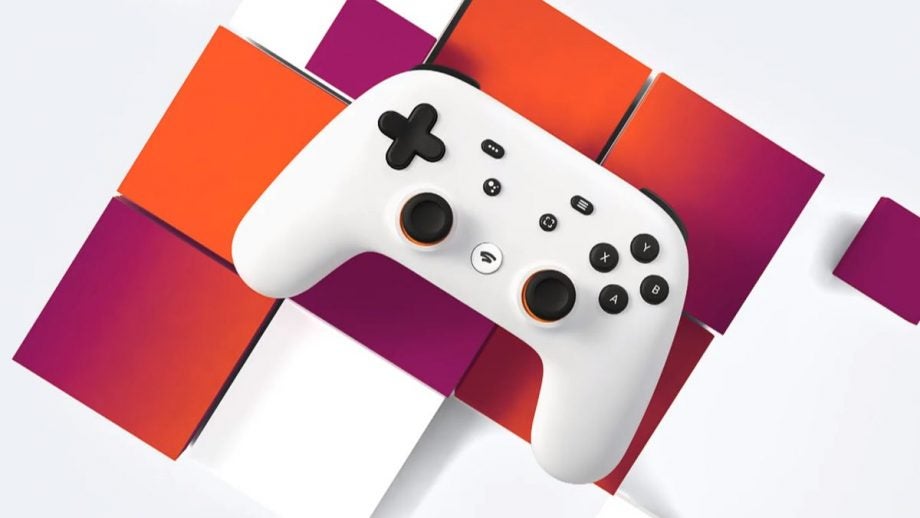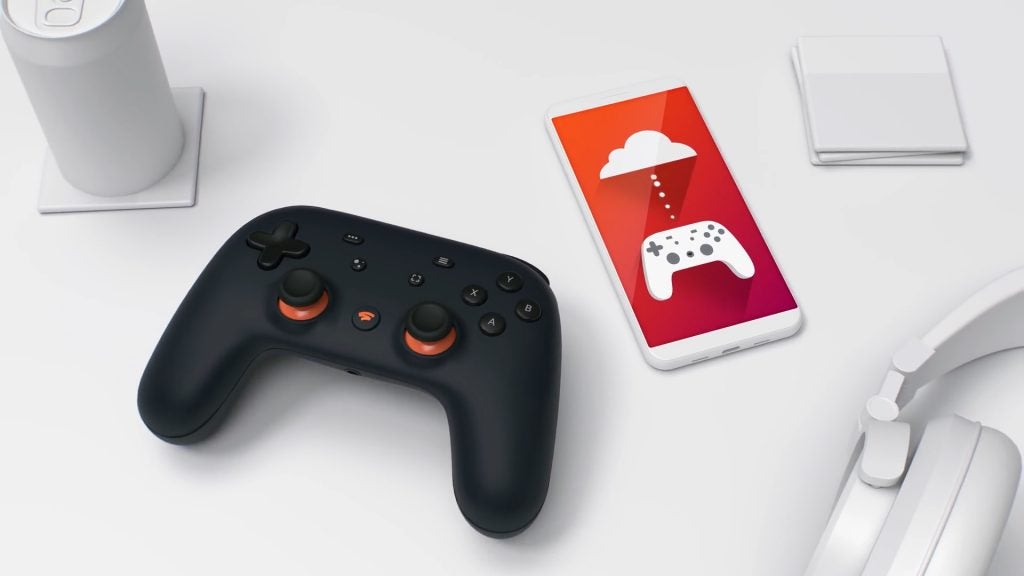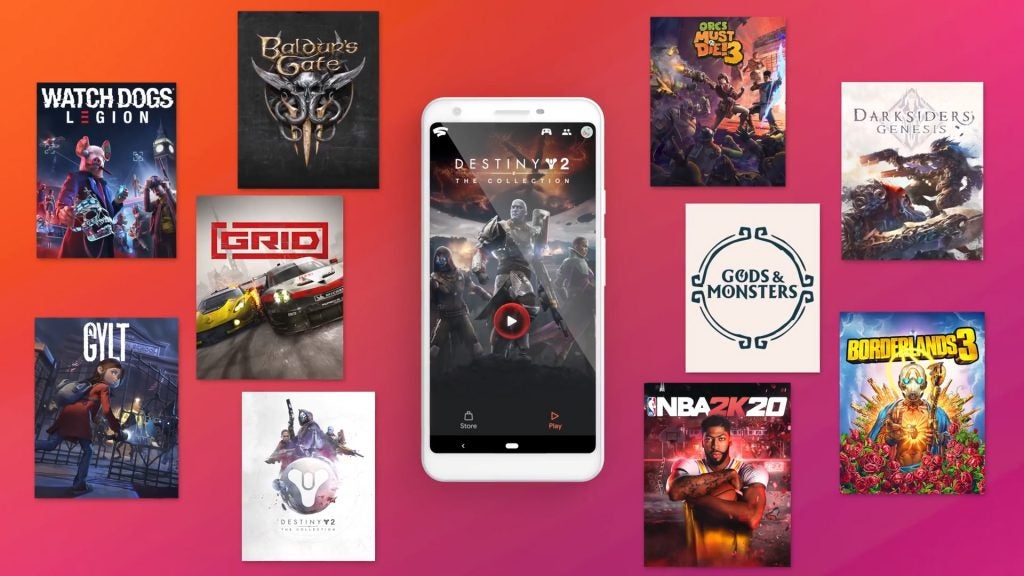Google Stadia vs Project xCloud: Who reigns supreme in the streaming space?

Google Stadia is finally here, and Project xCloud is slowly expanding ahead of its official release with over 50 games now available in its beta program – more than Stadia’s offering at launch and beyond. Both of the services are throwing punches, not afraid to make themselves known in a space that’s still very much in its infancy.
The differences between both platforms are numerous and each offer their own range of benefits, so Trusted Reviews has compiled everything you need to know about Google Stadia and Project xCloud to determine which one is right for you.
Related: Best Xbox Series X (Xbox 2) Games

Google Stadia vs Project xCloud prices – how much are they?
Google Stadia Pro subscriptions will cost £8.99 a month, giving you access to games in a maximum resolution of 4K Ultra HD at 60fps with HDR implementation.
In 2020, Google Stadia Base – a lower, free tier which gives you access to games in Full HD only – will launch. In both cases, you will need to purchase titles individually, with the exception of games being available for free as part of Stadia Pro.
Prices for Project xCloud have still yet to be detailed, but Microsoft says that Xbox One owners will be able to use their consoles as free virtual servers. While remote access to titles you already own will be a standard Xbox One feature, it is unclear if non-console owners will be able to set up an xCloud account.
Presumably, Xbox Game Pass (£7.99 a month) and Xbox Game Pass Ultimate (£10.99 a month) subscribers will be able to tap into virtual libraries of titles on the go with xCloud as well – this has not been explicitly confirmed.
Related: Best PS5 Games

Google Stadia vs Project xCloud release dates – when are they coming out?
Google Stadia is due to launch in a number of countries including the UK, the United States, and Canada on November 19, 2019.
Project xCloud is now in preview on Android devices across a number of territories, and will be rolling out with its full release in the coming months. At X019, Microsoft confirmed that xCloud will be coming to PC in 2020, although a specific date remains unconfirmed.
Google Stadia vs Project xCloud games – what can I play?
Project xCloud currently have a grand total of fifty games available in its preview phase, a number which is poised to grow in the coming weeks and months. Microsoft has said that going forward, Game Pass support will be implemented alongside titles you already have in your digital library. Unlike Stadia, you won’t need to build a library from scratch.
Related: PS5

Google Stadia will launch with 22 games which we’ve listed below, with Destiny 2: The Collection and Samurai Shodown coming free as part of a Stadia Pro subscription. Having been doubled in the days before launch, the selection is far better than it could’ve been.
- Assassin’s Creed Odyssey
- Attack on Titan: Final Battle 2
- Destiny 2: The Collection (available in Stadia Pro)
- Farming Simulator 2019
- Final Fantasy XV
- Football Manager 2020
- Grid 2019
- Gylt
- Just Dance 2020
- Kine
- Metro Exodus
- Mortal Kombat 11
- NBA 2K20
- Rage 2
- Rise of the Tomb Raider
- Samurai Shodown (available in Stadia Pro)
- Shadow of the Tomb Raider
- Thumper
- Tomb Raider 2013
- Trials Rising
- Wolfenstein: Youngblood
Google Stadia vs Project xCloud devices – what can I play them on?
At launch, Google Stadia will be exclusive to Pixel smartphones, acting as your only way of playing on the move beyond a laptop or tablet with a compatible application or Chrome browser. You’ll soon be able to use a Chromecast Ultra to play, although we’re awaiting an update before that feature is available to the public.
The Project xCloud preview programme is available on a range of Android devices thus far, although is yet to make the jump to iOS. We imagine this will happen eventually alongside support for Xbox One and Windows, both of which have already been confirmed by Microsoft.


